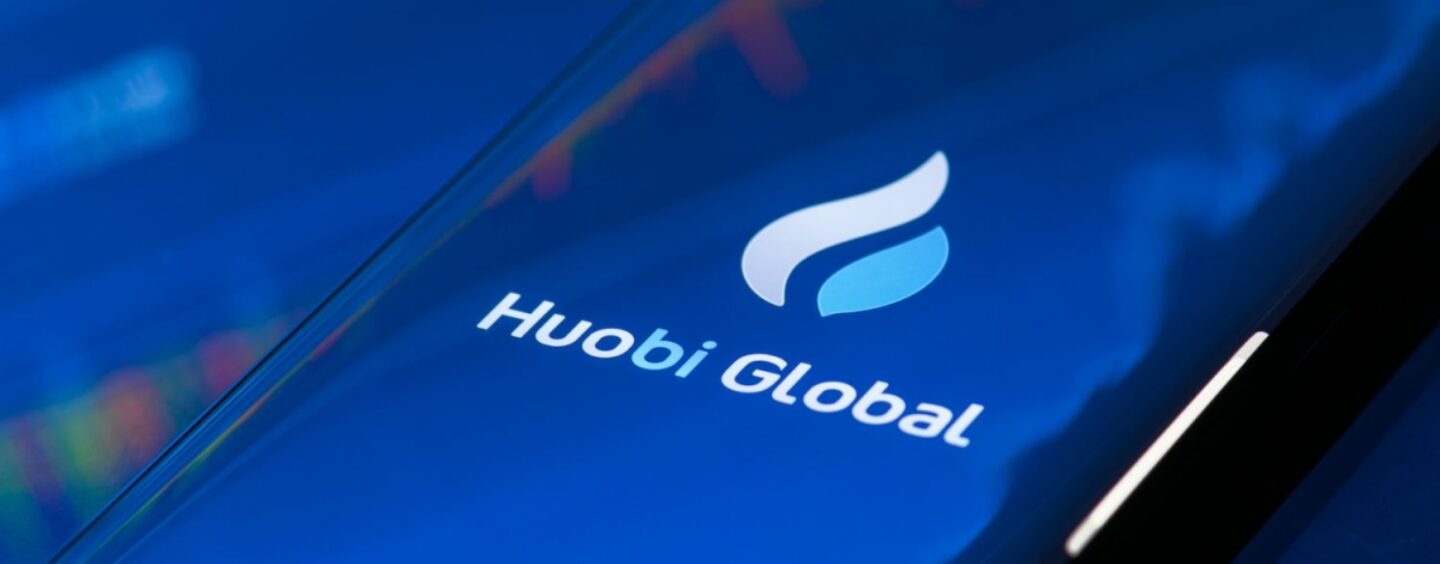
Huobi is Not Authorised to Offer Crypto Exchange Services in Malaysia Outside of Labuan
by Vincent Fong November 30, 2020Huobi recently announced that as a “localized digital asset exchange for the Malaysian market” they have launched their service to provide Malaysians a “safe and regulated way to trade cryptocurrencies” after securing a license from “Malaysian authorities”.
They further added that securing this license allows them to “provide spot and derivatives trading services in Malaysia”.
The vaguely phrased sentence which some believe to be deliberate, seems to have drawn some confusion among the crypto community.
The statement made is not technically accurate, while they are allowed to operate within the jurisdictions of Labuan, the company will require additional approval from the Securities Commission (SC) Malaysia to carry out regulated activities such as offering crypto exchange services to Malaysians outside of Labuan.
The statement seems to have even confused some financial media who misreported that they have secured the necessary approval from the SC.
Huobi is not regulated in the same sense that operators like Luno, Sinegy and Tokenize are where they are recognised by the SC as a Digital Asset Exchange (DAX) operator. While the 3 operators are allowed to offer services to all Malaysians, Huobi does not have the same regulatory clearance to do so.
We’ve reached out to the SC to clarify this issue, a representative said to Fintech News Malaysia,
“The Securities Commission Malaysia (SC) would like to clarify that Huobi is licensed by the Labuan Offshore Financial Services Authority (LFSA) and not by the SC. Entities licensed by the LFSA are not permitted to carry out these regulated activities onshore in Malaysia, i.e. outside Labuan without being licensed, registered or approved by the SC.”
While it is not illegal for Malaysians to trade with Huobi Labuan the same way that it is not illegal for them to trade with other unregulated exchanges, investors will not be accorded the same protection under the Malaysian law.
In similar news, the SC had previously added Binance to their list of “unauthorised entities”.







